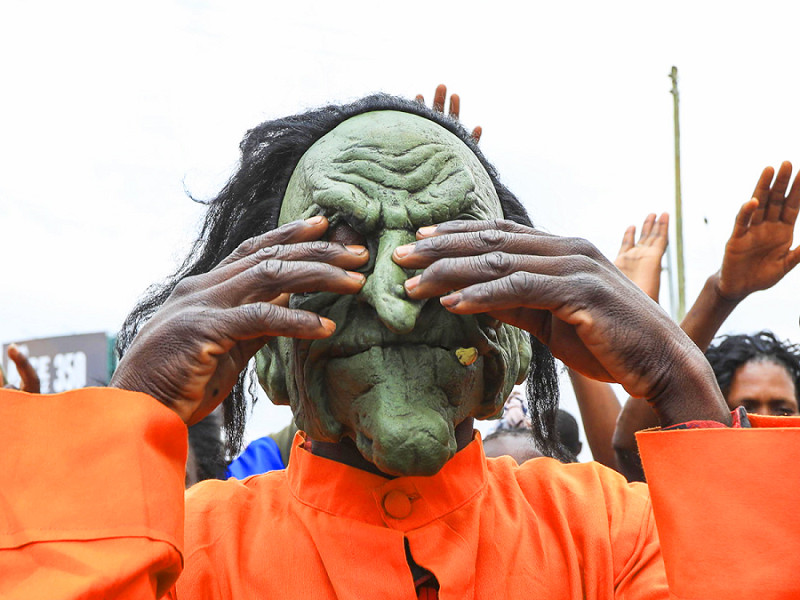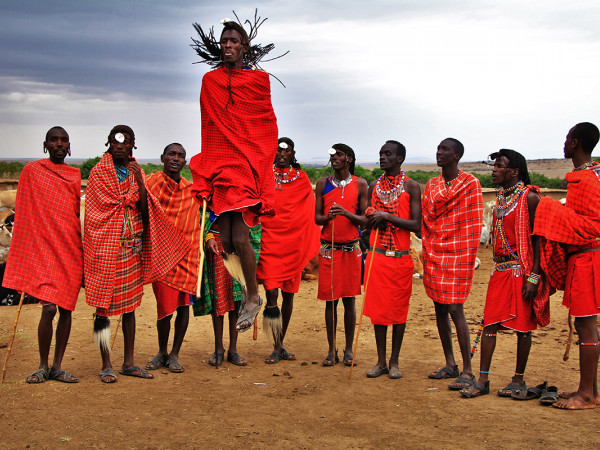We can all admit that politics is a hard ball game! The election period often comes with a lot of hope and anxiety.
The hope of a better tomorrow because of the many fairy tale promises made; the anxiety of what will happen next because, in the past, leaders have proven unpredictable.
In Kenya, the election period is characterized by banter and fear. The banter seems like a coping mechanism to neutralize the tension in the atmosphere because of the country’s history of post-election violence.
There is often a lot of pressure placed on politicians hence the many promises. In the famous words of Quintus, Marcus Cicero’s brother, “you have many wonderful qualities, but those you lack you must acquire, and it must appear as if you were born with them. To speak bluntly, since you are seeking the most important position in Rome and since you have so many potential enemies, you can’t afford to make any mistakes. You must conduct a flawless campaign with the greatest thoughtfulness, industry, and care”.
Politicians will say literally anything and everything just to get ahead of their competitors and gain public favor.
A good example in this year’s election was the promise that each citizen would be getting an allowance of Kshs 6,000/ $60 per month despite the country’s debt situation.
It only remains to wonder where the money will come from.
To counter this, the opposing candidate promised he would increase the country’s revenue by expanding the tax base but, as we all know, this means that we will have to pay more taxes which has not proven effective in the past.
Once elected into office, most politicians do not end up fulfilling their promises. While there are some good elected leaders who actually push for change, most of them see their term in office as ‘harvest time’.
They use the opportunity to amass wealth and enrich their friends and families. In fact, when looking for employment in Kenya, you will often need to rely on whom you know.
The most annoying phase of the election period for me is the campaigns. There is usually a lot of repulsive noise, flyers flying everywhere, and not forgetting the crowds of people that primarily consist of pickpockets.
What’s interesting to note with this year’s election is how elected members, including those in the opposition, are resigning from their elected positions to take up other better-paying jobs in the cabinet.
This is quite bizarre as it raises questions as to whether they actually vied in the first place because they are passionate about the role or are just in it for the benefits that come with it.
The country’s leadership values seem to have shifted from achieving national cohesion, which was the main goal after independence, to self-enrichment.
It is now survival for the fittest! Not to mention the amount of money, emotions, and time that was expended in printing ballot paper and voting. Further, more resources will be used to conduct by-elections to replace them.
Nonetheless, I admire the new president’s fire. It has only been a few days but he has so far initiated a plenitude of changes. Most are good but some are very worrying considering the country’s history in the fight for democracy. I’ll start with the good because I am an optimist.
The good includes appointing six judges that were nominated to the Court of Appeal three years ago by the Judicial Service Commission, reducing fertilizer prices from the current Kshs 6,500 to Kshs 3,500, and adopting a new system of credit scoring that provides borrowers with an opportunity to manage their creditworthiness and eliminate blacklisting, making compliance less burdensome on genuine business cash transactions exceeding Sh1 million, implementing a Hustler Fund dedicated to the capitalization of micro, small and medium-sized enterprises through chamas (An informal cooperative society, usually for pooling and investing savings), Savings and Credit Co-Operative Societies, and cooperatives to make credit available on affordable terms that do not require collateral, establishing a task force that will subject the Competency-Based Curriculum (Cbc) to public participation amongst many others.
My favorite is the removal of fuel and maize flour. According to the Nation newspaper, fuel subsidies cost taxpayers a total of Kshs 144 billion, with Kshs 60 billion being used in the last four months. The attempt to subsidize flour in the run-up to the election used up Kshs 7 billion in one month with no impact.
Subsidies are very costly, consumption subsidy interventions are prone to abuse, distort markets, and create uncertainty, including artificial shortages of the very products being subsidized. From an economic point of view, his move is reasonable. We hope Marilyn Ferguson was right when she said, «Sometimes things have to get worse before they get better».
The worrying. For a long time, there have been talks on social media about state capture in Kenya. In an effort to deal with the state capture and promote public entities, the new president gave a directive that private media stations should purchase his inauguration’s feed for re-broadcasting from a contracted company. The Kenya Broadcasting Corporation, which is a public entity, was the only media house that offered exclusive rights to air the event.
This is worrying because the said media station was used as the government’s mouthpiece during the Moi (Kenya’s second president) regime, which was deemed dictatorial and autocratic and democracy was only a word in the country’s dictionary. Could this be used to lead us back to an era of dictatorship?
Some speculate that the new president’s move was a jab at one of the private media station owners because of his openly proclaimed allegiance to the opposition party’s presidential nominee.
We all know that history repeats itself but at this point, only time will tell!












